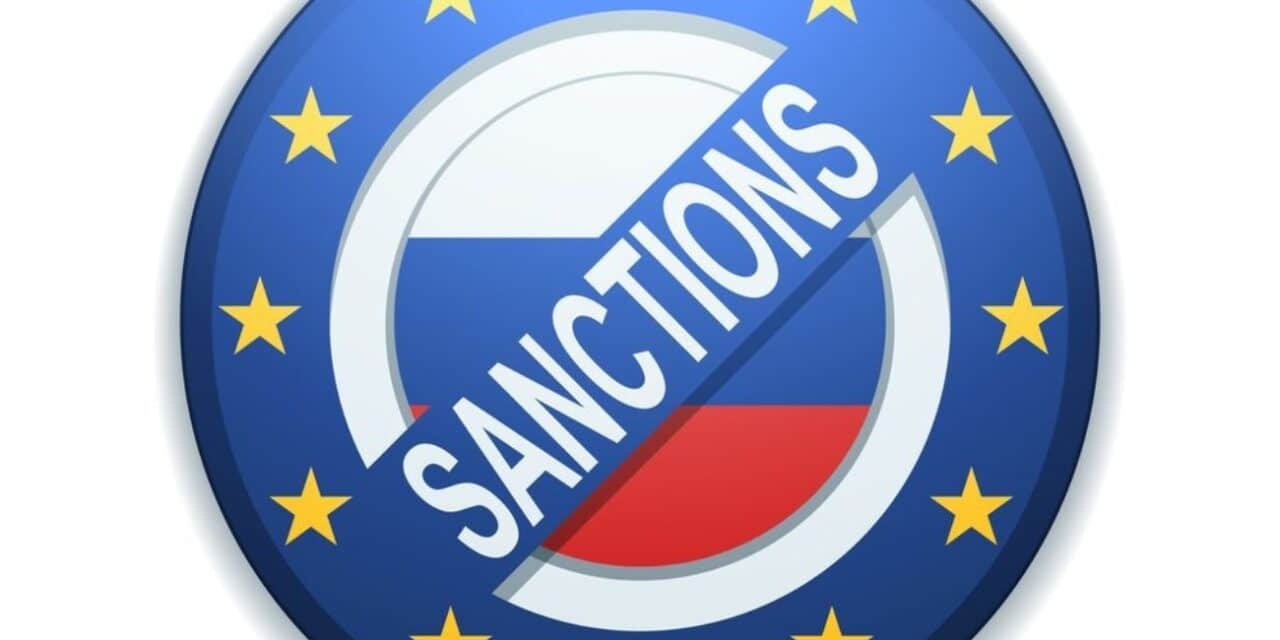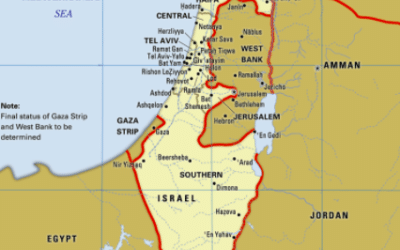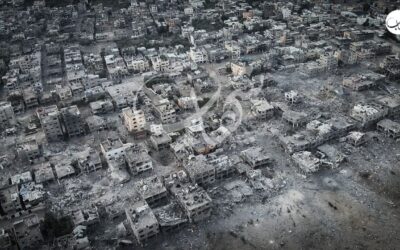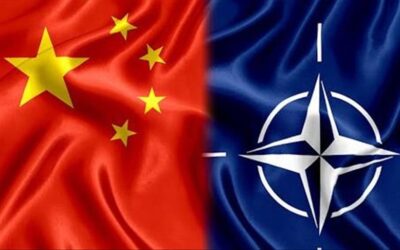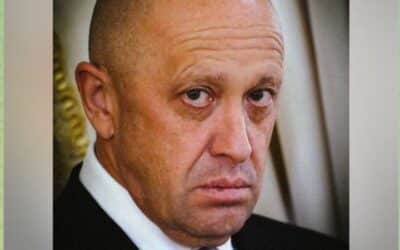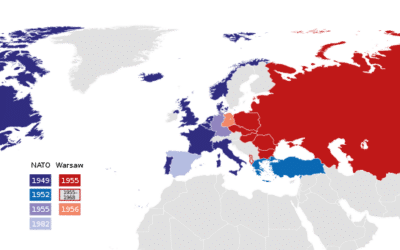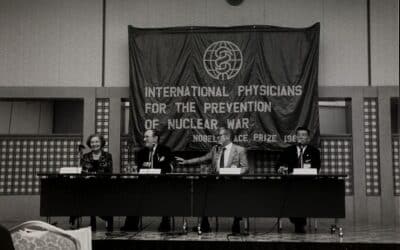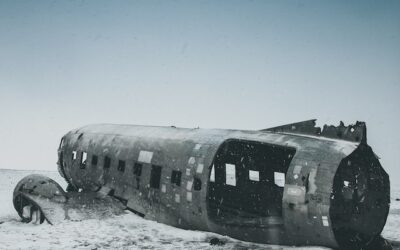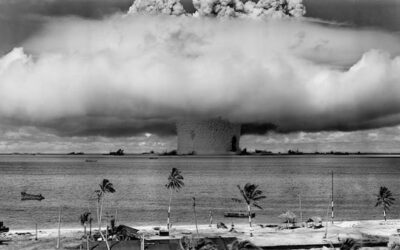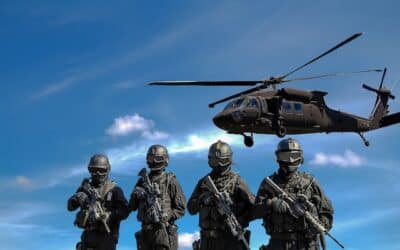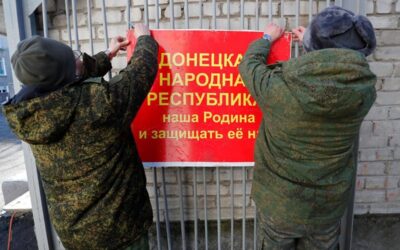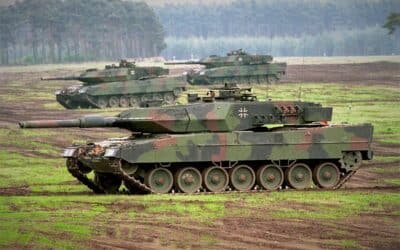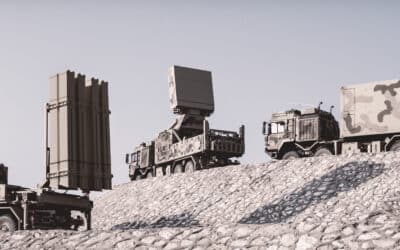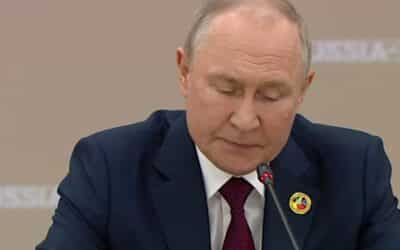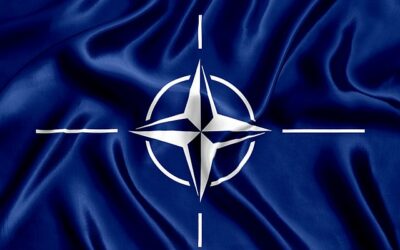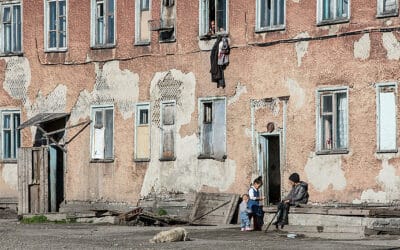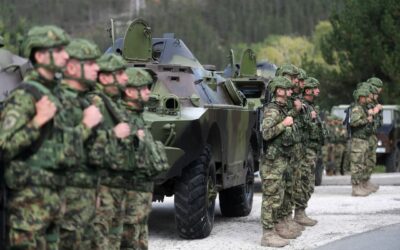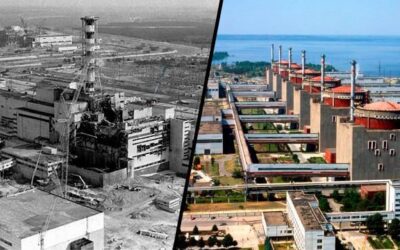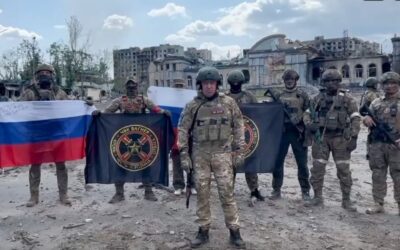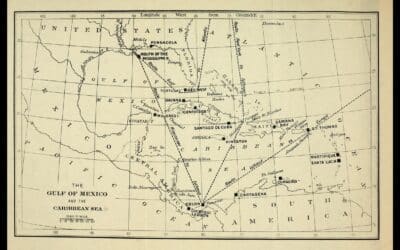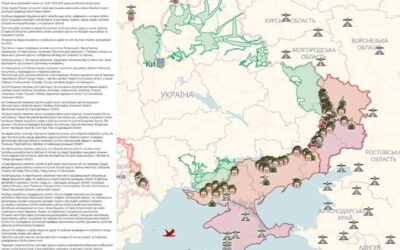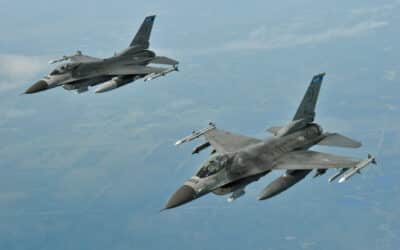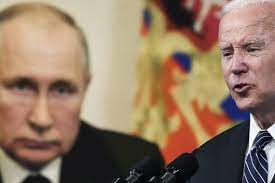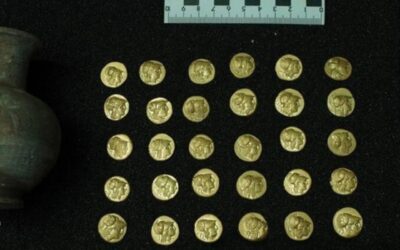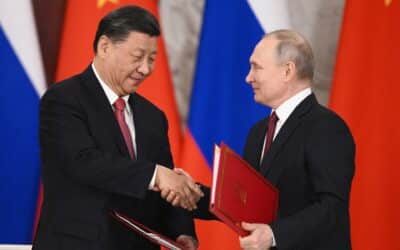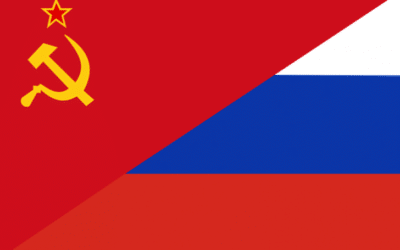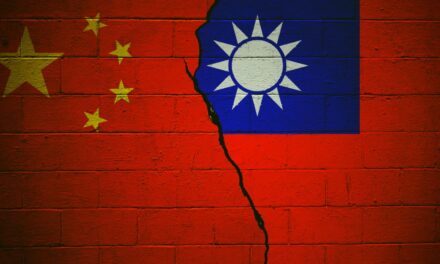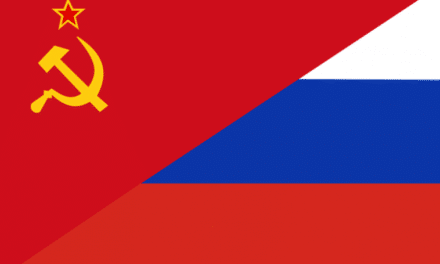In 2022, more sanctions were imposed against Russia than against all other states combined, with almost 17,000 restrictions.
Many foreign investors, employers, and major brands left the country. However, the main aim was to hit the Russian budget. The Western world began to reject Russian export products massively.
The logic is simple: any country uses the money it receives from exports to buy what it doesn’t produce itself.
Hitting the Russian Budget
In Russia’s case, it primarily includes technologies and equipment without which its economy cannot survive. Although detailed data on Russian exports and imports are not publicly available, we can examine the financial reports of the largest Russian oil and gas companies.
Sanctions and Russian Profits in 2023
After almost two years of sanctions, some of these companies significantly increased their profits in 2023. Remarkably, one of them didn’t incur losses.
They all earned billions from raw material exports. It’s essential to consider the ruble’s depreciation, which means that ruble-denominated profits are less dependent on sales volume.
Let’s not forget that Russian oil is currently sold in less popular currencies, such as rupees.
Effects of Sanctions
Sanctions that have been suffocating the Russian economy for almost two years seem to affect it differently than the West intended. The major drivers of the Russian economy are doing quite well and making billions from commodity exports. So, is Russia an exception, and do sanctions work for others? Let’s move into how this whole sanctions game is structured.
Cuba’s Sanctions Saga
As a bonus, this is perhaps the most famous island nation in the world, the Republic of Cuba. After World War II, its economy was almost entirely controlled by its powerful neighbor, the United States. They were the main buyers of cheap Cuban goods, which were supplied by American companies located in the Republic.
The main beneficiary of such an open trade policy was the incumbent President of the Republic, Batista. While he held receptions in his luxurious palace, wealthy American tourists lost money in the local casinos. Most of the population lived on the brink of poverty.
Cuba’s Transition to a Socialist Revolution
When tens of thousands of people live in slums nearby, sooner or later, it will explode; this is a time bomb. In the case of Cuba, it erupted into a socialist revolution and the overthrow of the Batista regime. The former President fled the country, and Fidel Castro, a socialist, made a surprise move, taking over as Cuba’s Prime Minister. Being a socialist, Castro not only abolished income taxes and reduced utility tariffs, but he also issued a decree to nationalize all companies in Cuba, including some American companies.
Cuba’s Dependency and Ongoing Sanctions
In response, the then President of the United States, John F. Kennedy, declared a complete trade embargo on the Republic. This marked the beginning of the sanctions saga that continues to this day.
Cuba not only left the U.S. sphere of influence but also lost its main export market and, therefore, its income from international trade. In fact, the country would have been doomed to poverty if it were not for the Soviet Union, which supported Cuba for the next 30 years. Every year, the USSR purchased sugarcane and tobacco from Cuba and supplied the country with essential goods.
Cuba’s Transition to a Socialist Revolution
However, in 1991, when the Soviet Union collapsed, Cuba found itself with almost no one to trade with. Soon, the U.S. blocked monetary transfers to Cuba. The fact is that many Cubans who had fled the country at various times continued to help their relatives on the sunny island by sending hundreds of thousands of dollars each month. This support allowed the country to accumulate foreign exchange reserves and pay for rare imports. As a result, Cuba’s GDP almost halved in the early 1990s. For comparison, during the severe 2020 pandemic, the global economy shrank by only 3 percent. Nevertheless, Fidel Castro was not disturbed by the economic crisis. As he put it in 2003, one of the great advantages of the Revolution is that even our college graduates… Well, I won’t mention the rest.
Now, this statement is not surprising, but I’m talking about the situation. When Fidel Castro died in 2008, his brother Raul took over as Cuba’s leader, and despite some economic policy liberalization, the country’s leadership still has no plans to change globally. Cuba continues to survive on tourism, the smuggling of export goods, and, of course, relies on the constant assistance of its allies, primarily Russia, followed by China. One might think that Cuba is just another exception to the rule where sanctions that have been in place for 60 years simply cannot work. So, let’s move on to the following example.
Iran’s Encounter with Sanctions
Iran, which actively traded with the USA and Europe after World War II, becoming their largest oil supplier, took a Western course in 1963 when Iran’s leader, Shah Mohammed Reza Pahlavi, embraced a Western orientation. At this point, Tehran increasingly resembled London or Paris. The capital gained branches of international banks, cinemas, and even nightclubs. Just look at how Iranian city streets looked in the 1960s. However, many of the population lived in poverty outside of major cities.
The situation changed when Shah’s reforms and gradual modernization of agriculture led to a decrease in rural employment, pushing people toward the cities to make a living.
Iran’s Transformation After Sanctions
There was no demand for this massive labor force in the cities, which created a problem. This large segment of the impoverished population became a target audience for radical opponents of Iran’s liberalization.
Soon, this mass of people poured into the streets, and the Shah fled the country. In 1979, what was once pro-Western Iran became an Islamic Republic living under the laws of Sharia.
After these events, foreign companies naturally began winding down their business operations in Iran. However, events were still ahead on November 4, 1979, when Iranian students seized the American Embassy in Tehran, taking 66 American citizens hostage. The new Iranian leader, Ayatollah Khomeini, showed no concern about this incident.
Hate for the United States of America
Instead, he approved of the embassy takeover, calling it a revolution against the “Great American Satan.” You can imagine the reaction in the White House. President Jimmy Carter severed diplomatic relations with Tehran and imposed sanctions on Iran, hitting all sectors of its economy. American companies’ assets in Iranian banks were frozen, and it became forbidden for Americans to buy Iranian oil.
Have these sanctions changed Iran’s policies and objectives?
Iran reacted by saying that sanctions had only benefited them. Even before being disconnected from the international banking system SWIFT, Iran shifted all its dealings from American banks to banks in the UAE and Turkey. Instead of Visa and Mastercard, Iran developed its own national payment system.
Oil and Money
In oil, instead of the USA and Europe, Iran began selling to China, India, Russia, and Turkey. China became the primary supplier of computers, smartphones, and chips to Iran.
It might sound more familiar, and of course, it doesn’t mean that Iran is better off now than it would be without these sanctions. It remains for us to guess how things might have been. The country still faces uneven income distribution and lacks normal imports. However, as in the case of Cuba, the main goal of the sanctions was not achieved. Iran is still governed by Islamic leaders who first covertly, then openly developed nuclear weapons. I’ll wrap up with examples because no matter which country we choose, whether it’s North Korea or, even more so, China, none of these nations changed their policies after being hit with sanctions.
South Africa’s Era and Sanctions
Let’s take a closer look at South Africa in the late 20th century. At that time, South Africa was operating under a policy of apartheid, which, in simple terms, was a system of racial segregation where black and white populations lived in different areas and had different rights. For example, to start a business or enter a “white” area, black individuals needed special permission. However, this was no 19th century, and the world reacted strongly to human rights violations in Western-oriented South Africa after World War II.
Sanctions Against South Africa
As a result, sanctions against South Africa were supported by 130 countries, with the idea being that if they implemented democratic reforms, they could re-engage with the global community. In 1994, apartheid in South Africa was indeed dismantled. However, there’s a caveat: the first sanctions on South Africa were imposed in 1963. That’s over 30 years for sanctions to achieve their goal.
The point is, it’s essential to remember that each country’s situation is unique, and comparing different nations is not always fruitful. It’s worth looking at the statistics on all sanctions from 1950 onwards. A broad overview shows that sanctions only achieved their end goal in a quarter of cases and had the least impact on political regimes and territorial conflicts. This is a simplified analysis, but it effectively demonstrates that the more globalized the world economy is, and the more extensive trade relationships between nations, the weaker the impact of sanctions.
Effectiveness of Sanctions
In the ancient world, an economic blockade could lead to complete trade isolation and spell economic ruin for a country, like the case of the Greek island of Rhodes, for example. But in the modern economy, your goods always find more than one buyer. Plus, the product being sold with a sanction discount often becomes attractive to buyers because countries always strive to secure cheaper resources to protect their national interests.
Influence of the Western World
Also, history has shown that the effects of economic sanctions, which are meant to change political decisions, usually get transferred to the general population. People who have no direct say in these decisions have to bear the consequences. Imported goods become less accessible to them, and, since they can’t quickly change their consumption patterns, their standard of living declines. A sanction is effectively a tax on the poor because it limits their consumption options.
The Global Order and Dominance of the U.S. Dollar
With that said, the low likelihood of success for sanctions is clear. However, experienced and educated individuals, more so than me, still recommend them to policymakers. Why would that be, given that these sanctions not only fail to achieve their objectives but also harm their own economies? The main initiators of sanctions are the European Union, Canada, Australia, and, of course, the United States. It’s worth noting that these countries are economically fighting against the same adversaries. So, why is the West, and not the East, the primary initiator of sanctions, and why do these countries, in particular, take the role of the world’s policemen? This answer is multifaceted, but one main reason is that the developed Western countries account for roughly half of the global economy. Therefore, it’s these countries that usually take the lead.
Countries gain access to cheap resources and broad markets for their products by consuming a wide variety of goods. The populations in these countries enjoy the highest standard of living on the planet. In an attempt to preserve this economic leadership, Western countries employ various tools, ranging from softer ones like international loans for developing countries to harsher ones like economic sanctions for the most defiant ones.
You might ask, “What about China or India, which will leave Europe and the USA far behind in terms of the size of their economies and economic growth rates?” That’s true, but the global order doesn’t change overnight. The entire global financial system is based on the U.S. dollar. Most companies trade in dollars on the international market. Today, any central bank holds the majority of its reserves in dollars, not rupees or yuan.
Using Sanctions to Avoid Armed Conflicts
However, since the West is so influential, you may wonder why they resort to relatively ineffective sanctions. Well, it’s because more decisive actions risk not only damaging their own economy but also leading to direct armed conflicts and their consequences. When your opponent possesses nuclear weapons, the arguments for resource competition become economic sanctions.
Related Articles
10 Best Handguns for Self-Defense
When it comes to...
History of Israel-Palestine Conflict
Israel and...
After the WAR initiated by HAMAS on October 7th, the Middle East will not be the same
On the -th of...
The Israeli army is prepared for an offensive on the Gaza Strip, involving attacks from “air, sea, and land.”
The IDF (Israel...
War in Israel: Current Developments – Video
Rafah...
Russia vs USA: Who Would Win in a Potential War?
In the...
NATO vs China: Who Would Win in a Potential War?
In the realm of...
11 Best Assault Rifles in the World
Welcome to a world...
Yevgeny Prigozhin (Wagner founder) is dead
According...
What You Need to Know About Joining NATO
Has any country...
Terrifying Realities of a Potential Nuclear War
The Devastating...
What to Do in Case of a Nuclear Attack
What to Do in Case...
11 Strongest and Most Powerful Navies in the World
When it comes to...
The Most Powerful Nuclear Weapons
The sheer power...
Understanding the Nature of War – The Clash of Wills
War is the...
Ukrainian Defense Forces Celebrate One-Year Anniversary of Kherson Region Liberation
Around one year...
Prigozhin First Video Speech After Unsuccessful Uprising
Following a recent...
11 Best Sniper Rifles in the World
Important Factors...
What is Russia saying about the war in Ukraine, Episode 1
Did you ever...
13 Most Powerful Weapons in the World
Weapons of immense...
What is Happening in Russia, Episode 3
Welcome to the...
What is Happening in Russia, Episode 2
Have you ever...
10 Strongest Tanks in the World
Tanks represent...
10 Strongest Armies in the World
When it comes to...
Putin: We cannot stop the fire when they advance on us!
Putin ten...
10 Best Air Defence Systems in the World
Image:...
Alexei Navalny Letters From Prison
Image:...
Ukraine’s Struggle for Survival and Western Dependency
Ukraine has long...
What is Happening in Russia, Episode 1
Have you ever...
10 Strongest Fighter Jets in the World
Image:...
10 Strongest NATO Members
Image:...
Mobilized Soldiers Expose Dire Conditions and Neglect in Deployment to Luhansk
source:...
Why is everything so poor and sad in Russia?
Image:...
Tensions Escalate in Northern Kosovo as Serbian President Mobilizes Army
Image:...
Putin’s Russia and the Need for a Fresh Security Approach in Europe
Image:...
DeSantis Declares Presidential Bid with Elon Musk
Image:...
Russian military personnel shelled the Zaporizhia Nuclear Power Plant
Image:...
Prigozhin Revelations The Truth Behind the Capture of Bakhmut
Image:...
President Zelensky Visit G7 Turning Point in Russia-Ukraine War
Image:...
Turning a Blind Eye No More: Zelensky’s Bold Stand Against Crimean Annexation
Unfortunately,...
Navigating the Fluidity of War and Geography: Insights and Strategies
War is Geography:...
Latest Updates on Russian Invaders’ Activities in Occupied Territories
Russian Invaders...
US Denies Ukrainian Pilots Training on F-16 Fighter Jets
Complexities of...
West Strong Support for Ukraine’s Recovery and Containment of Russia
Kremlin's Failed...
Ukraine Supreme Court Chairman Confronts Allegations of Blatant Bribery
Vsevolod Knyazev...
Gold Coin Treasure from Alexander the Great Era found in Annexed Crimea
Crimea's Hidden...
Rishi Sunak Hails Zelenskyy as a Modern-Day Churchill
Volodymyr...
The Moral Factor in War: Ukraine’s Key to Victory
"We were actively...
The West’s Triumph in the New Cold War: Technology of Freedom Wins Out
The Chinese leader...
The Illusion of Power: How Putin’s Russia is Making the Same Mistakes as its Past Leaders
Modern Russia and...
